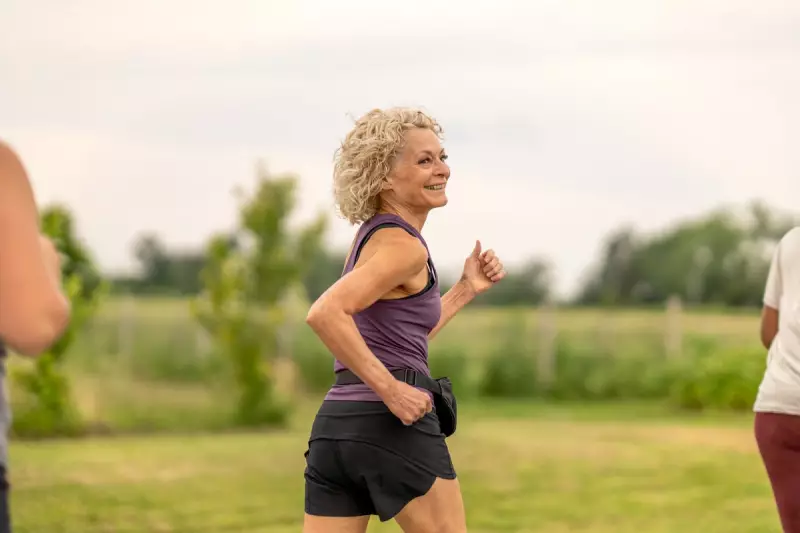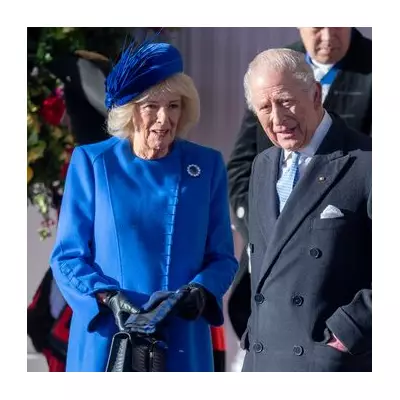
Think you're too old to start running? Think again. Groundbreaking research reveals that lacing up your trainers in midlife or beyond could be one of the best health decisions you'll ever make.
The Age-Defying Power of Running
Contrary to popular belief, your golden years might be the perfect time to discover the joy of running. Studies show that beginning a running routine in your 50s, 60s, or even 70s can deliver remarkable health benefits that extend far beyond physical fitness.
Dr. John Brewer, professor of applied sport science, explains: "The human body responds to running at any age. What matters isn't when you start, but that you start."
Transformative Health Benefits for Older Runners
The advantages of taking up running later in life are both extensive and impressive:
- Bone density improvement: Running helps combat osteoporosis by stimulating bone growth
- Cardiovascular health: Regular running can reduce blood pressure and improve heart function
- Mental wellbeing: The 'runner's high' is real, releasing endorphins that combat stress and anxiety
- Joint health: Contrary to myths, appropriate running strengthens joints rather than damaging them
- Cognitive function: Increased blood flow to the brain supports memory and mental sharpness
Getting Started: A Sensible Approach for Mature Beginners
If you're new to running or returning after years away, these expert tips will ensure you start safely:
- Consult your GP: Especially if you have pre-existing health conditions
- Invest in proper footwear: Visit a specialist running shop for gait analysis
- Start with walk-run intervals: Begin with 1 minute running, 2 minutes walking
- Listen to your body: Rest days are as important as running days
- Join a community: Parkrun offers free, weekly 5km events perfect for beginners
Success Stories That Inspire
Take inspiration from individuals who discovered running later in life. Many people in their 60s and 70s are now completing marathons, finding not just physical transformation but renewed purpose and social connection through their local running communities.
"I started at 58 and thought I was mad," shares one late-blooming runner. "Three years later, I've run three half-marathons and found friends decades younger than me. It's changed my life completely."
The Science Behind Senior Running Success
Research confirms that the human body maintains its ability to adapt to aerobic exercise well into advanced age. Muscle strength, cardiovascular efficiency, and even mitochondrial function show significant improvement with consistent, appropriate training—regardless of when you begin.
The message is clear: it's never too late to become a runner. Your future self will thank you for taking that first step today.





